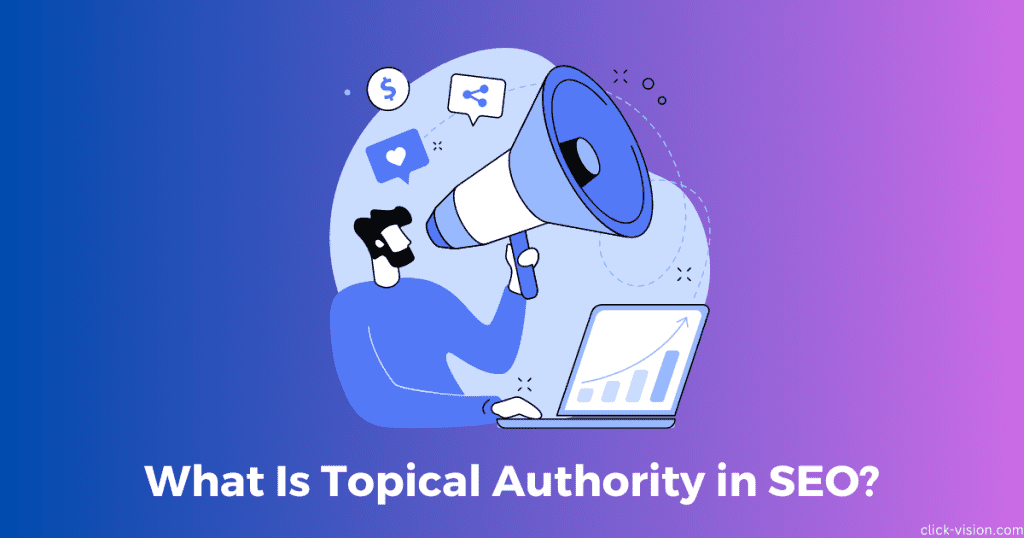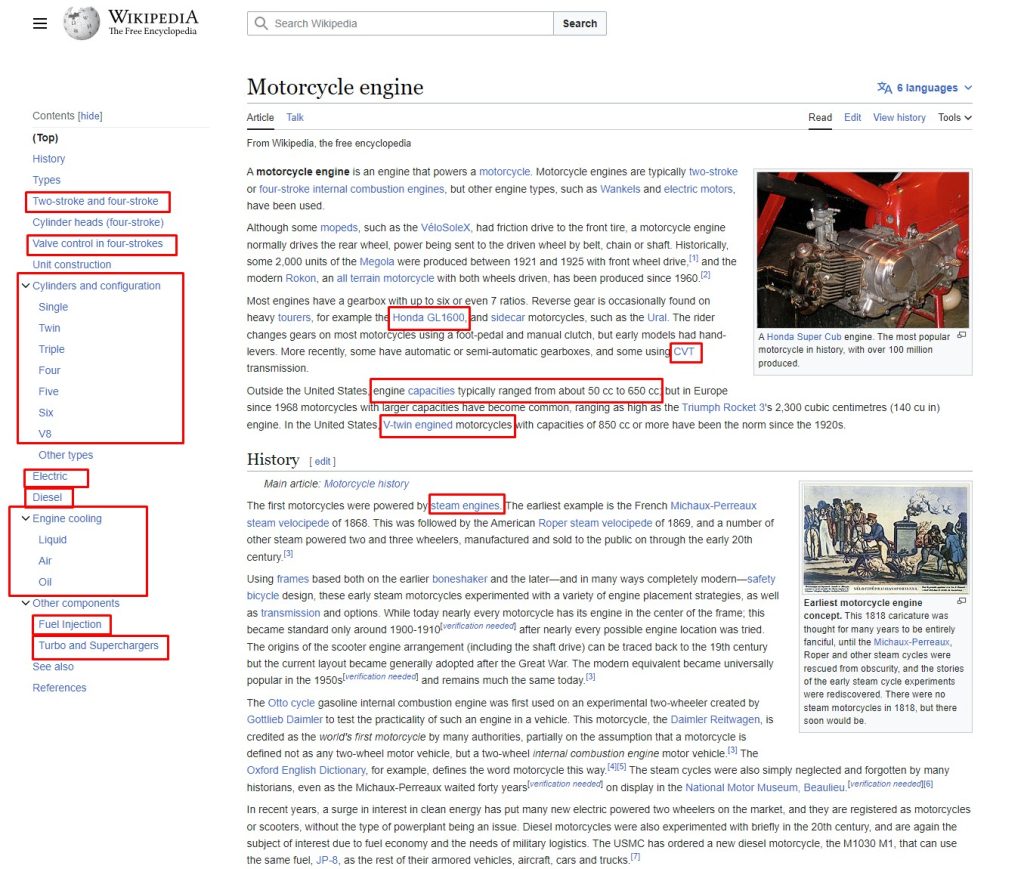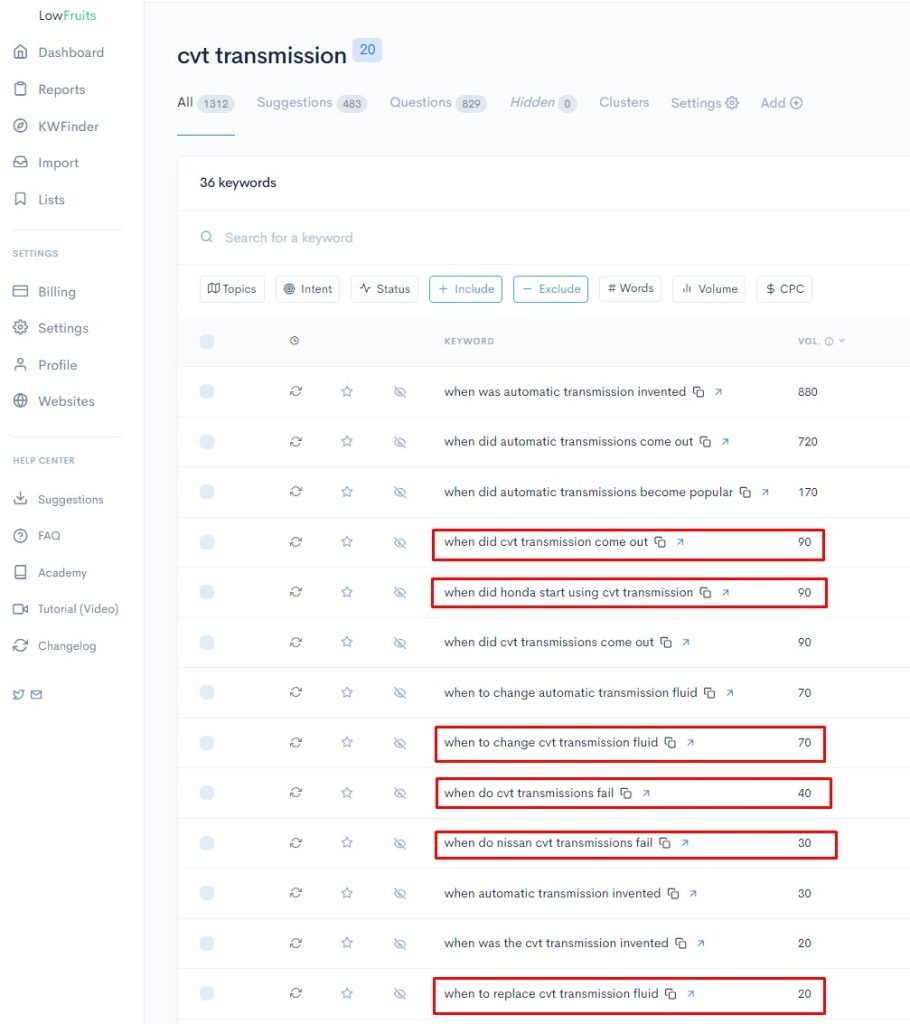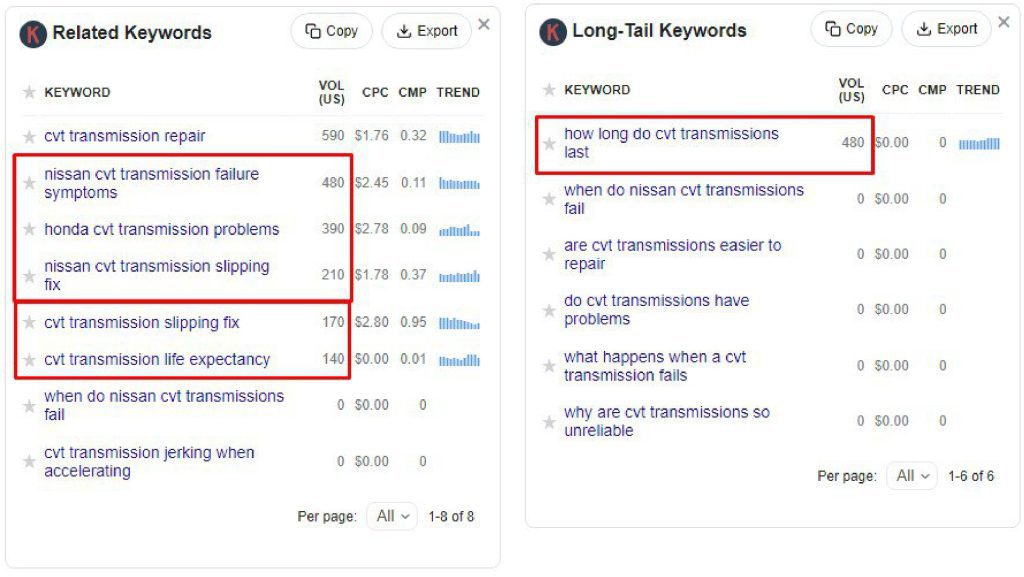The term “authority” certainly makes you feel like being in charge of something. It has also been used extensively in the context of SEO, especially with the increased relevance of topical search. But what is topical authority in SEO terms, and how does it help improve search rankings in today’s online competition?
In this article, you will learn all about topical authority in SEO, including how to build and implement it for your site.

What Is Topical Authority in SEO?
Topical authority in SEO is a term used to define a website’s expertise and content coverage in a specific niche. A website with high topical coverage is considered a go-to point and a relevant source of information online.
Three elements define topical authority:
- High-quality content
- Logical internal linking structure
- Backlink power
Consistently creating informative content that provides value and resonates with the readers is the basis of establishing topical authority in SEO.
This means that topic authority goes beyond the targeting of keyword phrases.
Instead, it demands that a topic expert covers every possible subject in a specific niche to rank high in the SERPs.
However, this doesn’t mean that keywords are meaningless. They lost their relevance in SEO optimization since the introduction of semantic search and natural language processing.
The Relevance of Topical Authority for SEO
Topical authority has become a way to improve several aspects of a website’s SEO performance, including:
- Organic traffic
- SERPs rankings
- Audience reach
- Backlink acquisition
- Online credibility
- Lead generation
It acts as an SEO strategy oriented toward developing long-term progress for a website.
The best way topical authority does this is by expressing the E-E-A-T (Experience, Expertise, Authority, and Trustworthiness) framework.
Google explains the terms of this framework as:
- The experience and expertise of the content creator.
- The authority of the content and the website.
- The trustworthiness of the content and the website.
The E-E-A-T framework is meant to be utilized by content creators as part of their strategic approach to improved website rankings.
Benefits of an Established Topical Authority
There are multiple benefits of an established topic authority. Here are some of them:
- It makes it easier for your website to acquire backlinks
- It increases organic traffic and audience reach
- It provides logical and structured internal linking opportunities
- It increased brand trust and lead generation
- It allows you to rank higher for difficult keywords
- It improves your site’s architecture and crawlability
- It increases ROI
Even though all of these benefits are realistic and possible, building topical authority is not easy. It requires time, dedication, a well-developed topical authority map, and constant involvement to establish it properly.
Internal and External Topical Authority Factors
Before discussing how to build topical authority, its worth mentioning some factors that influence it.
Those factors allow us to talk about internal and external topical authority.
Internal topical authority includes authority factors that originate from inside the website. These often include:
- Topic breadth and depth
- Website structure and crawlability
- Content optimization
Each factor includes even more elements. For example, content optimization includes keyword placement, content structure, headings and titles, media usage, etc.
External topical authority originates mainly from backlinks and brand promotion through various channels like social media, YouTube, news websites, etc..
How to Build Topical Authority
Establishing a successful topical authority involves multiple levels. After all, what is topical authority in SEO if not a step-by-step strategy of numerous factors? In fact, these factors are progressive and codependent of each other.
Here’s the order in which you can build topical authority:
- Choose an adequate topic
- Perform keyword research
- Create topic clusters
- Create unique content
- Implement internal links
- Acquire backlinks
Choose an adequate topic
Choosing a topic is the first step to establishing topic coverage. It can be done in several ways, but the best one is to research and analyze entities.
According to Google, an entity is a unique, distinguishable, well-defined concept. They can be abstract concepts, people, companies, products, etc.
Entities have gained high relevance because of semantic search. They’ve allowed search engines to understand user search intent. You can find entities using Google search, Wikipedia, and other similar sites. For example, if you’re searching for topics related to “motorcycle engine”, you can use the “Images” tab to find potential entity ideas:

As you can see, Google itself suggests entity topics related to the motorcycle engine topic.
Another way to discover entities is by using Wikipedia.
Wikipedia is an excellent example of a topical authority site. It provides excellent, in-depth content coverage that is perfectly interlinked.
Here’s an example of finding topic entities for the term “motorcycle engine” using Wikipedia.

Perform entity-based keyword research
Based on the entities, you can now research keywords to find long-tail keyword phrases you will group as supporting topic clusters.
Why is it important that you pay attention to long-tail keyword phrases in this phase?
Because they are often underserved, have a decent amount of monthly search volume, and have low keyword difficulty.
In fact, long-tail keyword topics are the main boosters of topical authority. You can use SEO tools like Ahrefs or Semrush to perform entity-based keyword research.
The subscriptions to these, however, are quite expensive, and there are cheaper alternatives like the Keywords Everywhere Chrome extension or the LowFruits.ai tool.
Here’s an example of how to find long-tail informative keyword topics using LowFruits.ai on the topic of CVT transmission.

Here is another example of finding long-tail keywords using the Keywords Everywhere extension on the topic of “When do CVT transmissions fail”.

As you find an adequate amount of supporting topics, you can group them together into topic clusters using topical maps.
That way, you will have a clear and organized structure of topics and avoid keyword cannibalization.
Create unique content and implement internal links
Creating unique content based on the E-E-A-T framework is the most important step in establishing topical relevance.
The E-E-A-T framework is included in Google’s Search Rater Guidelines and stands for experience, expertise, authority, and trustworthiness.
The first two are the most important. Showcasing experience and expertise through content will establish authority and trust among readers and followers.
This, combined with the semantic search model introduced with the Hummingbird algorithm update, has made quality content the foundation of topical authority.
Semantically related content pieces must also be linked together as cluster groups. You can do this with internal links and a well-developed topical map for SEO.
Internal links also help search engine bots easily crawl your site and create a logical website structure reflected in the sitemap.
Acquire backlinks
Backlinks are an essential factor for high search results rankings.
They increase domain and topical authority by transferring link juice from other authoritative sites.
That is why it’s important to start acquiring backlinks early in your website development when you have published 10 to 20 high-quality articles.
You can acquire backlinks in several different ways, the most popular being:
- By guest posting
- By requesting niche edits
Guest posting requires you to write a new content piece which is then published on another authoritative website. You then get a backlink to your site’s content via that content piece.
Niche edits require a simple but effective outreach strategy to convince webmasters or website owners to add a link to your site in one of their published articles.
Both strategies are effective. Guest posting, however, is more of a long-term strategy, while niche edits deliver quicker results.
Once you start acquiring backlinks, they will help boost your website’s SERPs ranking and increase organic traffic.
This, in turn, will increase your topical authority, providing even more organic backlinks to your site.
Conclusion
As you can see, topical authority has become essential to showcase experience and expertise and improve website rankings.
It is a marathon of patient and consistent content creation and link building based on a well-built topical authority map.
What is topical authority in SEO, in your opinion?
Is it an effective way to boost online presence, or do keywords and link building still hold their value regarding better ranking?
Let us know in the comments.
